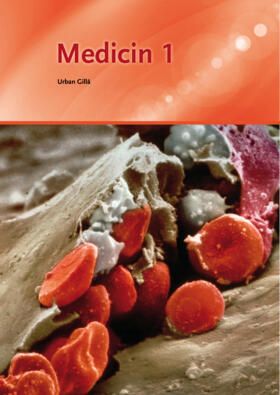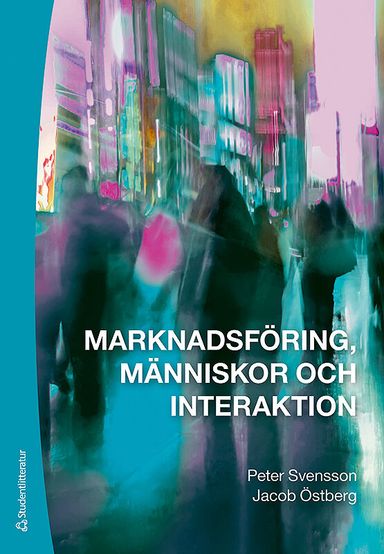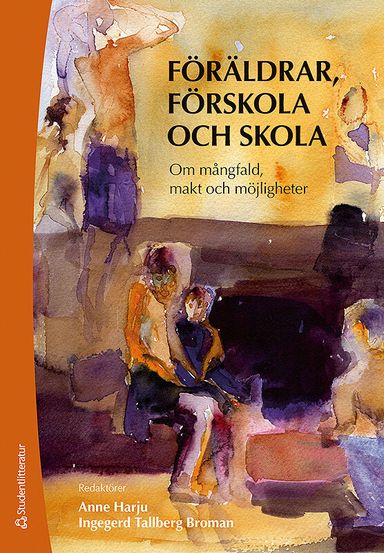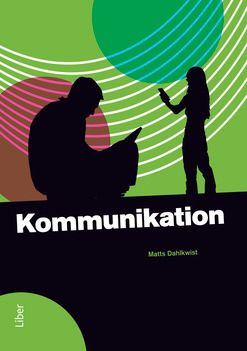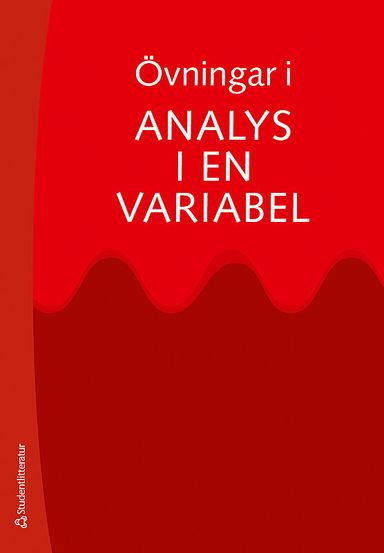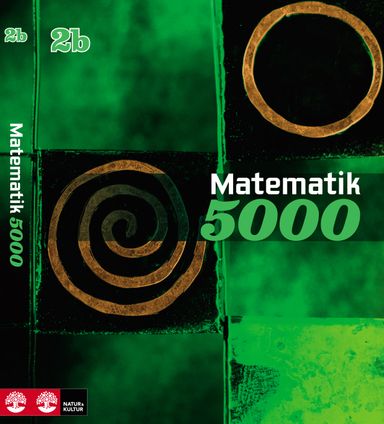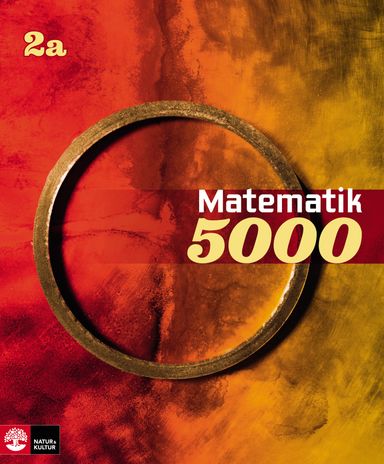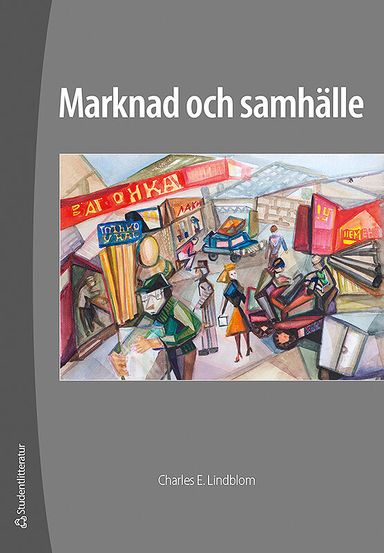

Mellan rörelse och stillhet : minne och flykt i unga människors berättande 2009–2021
- Utgiven: 2023
- ISBN: 9789178773640
- Sidor: 280 st
- Förlag: Malmö universitet
- Format: Häftad
- Språk: Svenska
Om boken
The purpose of this thesis is to highlight young people’s experiences of forced migration along irregular migration routes and to examine how they understand themselves in relation to different contexts in time and space. The participants consist of young people with experience of forced migration and of being categorized as ”ensamkommande barn” (unaccompanied minors) upon arrival in Sweden. Using oral and written sources, the thesis explores what and how they remember. The theoretical perspectives are connected by movement as an overarching metaphor. Movement refers to the physical movements made by the participants as well as the assumption that movement characterizes the process of remembering. This is connected to oral history theory and method and the exploration of the past as well as the relationship between past and present in everyday lives. The thesis also leans on several theoretical perspectives from cultural memory studies, which highlight the process in which an individual memory is shaped and reshaped depending on social context and over time. In order to explore how the participants remember different places and times, from origin to destination, a systems approach to migrant trajectories has been applied as a heuristic tool. The analysis shows that there are shared historical contexts despite the fact that the participants make a heterogenous group. During the period of investigation, migration to and within Europe has been characterized by restrictions and control. This means that the participants have travelled via irregular routes, and they have been confronted with strict border controls. When the participants arrived in Sweden, migration policy underwent significant changes that led to consequences for the participants themselves. Furthermore, those labelled ”ensamkommande barn” were at the center of the migration policy debate in the wake of the so called ”refugee crisis” in 2015. An important conclusion in this dissertation is that to a large extent, movements in time and space have led to a development of how the participants understand themselves. In addition to movements over time, shifts in social contexts bring changes to what and how the participants remember. To conclude, this thesis contributes to research on ”ensamkommande barn” as it illuminates the different ways in which the participants understand themselves and experience a sense of belonging. Another contribution is the thesis' approach to historical contextualization and the understanding of the participants as actors in relation to larger historical change.
Åtkomstkoder och digitalt tilläggsmaterial garanteras inte med begagnade böcker
Mer om Mellan rörelse och stillhet : minne och flykt i unga människors berättande 2009–2021 (2023)
I maj 2023 släpptes boken Mellan rörelse och stillhet : minne och flykt i unga människors berättande 2009–2021 skriven av Emma Hall. Den är skriven på svenska och består av 280 sidor djupgående information om historia och arkeologi. Förlaget bakom boken är Malmö universitet.
Köp boken Mellan rörelse och stillhet : minne och flykt i unga människors berättande 2009–2021 på Studentapan och spara pengar.
Tillhör kategorierna
Referera till Mellan rörelse och stillhet : minne och flykt i unga människors berättande 2009–2021
Harvard
Hall, E. (2023). Mellan rörelse och stillhet : minne och flykt i unga människors berättande 2009–2021. Malmö universitet.
Oxford
Hall, Emma, Mellan rörelse och stillhet : minne och flykt i unga människors berättande 2009–2021 (Malmö universitet, 2023).
APA
Hall, E. (2023). Mellan rörelse och stillhet : minne och flykt i unga människors berättande 2009–2021. Malmö universitet.
Vancouver
Hall E. Mellan rörelse och stillhet : minne och flykt i unga människors berättande 2009–2021. Malmö universitet; 2023.
